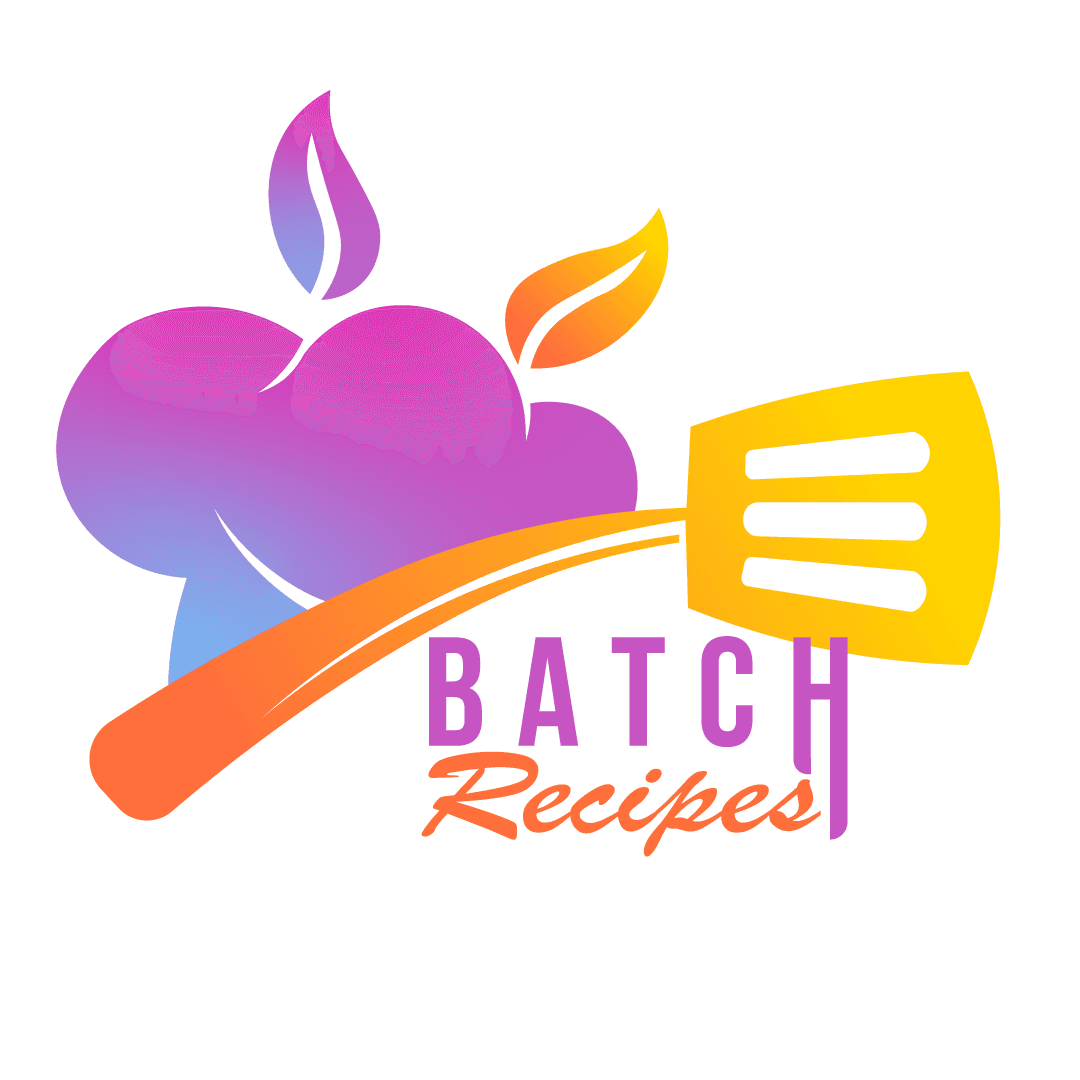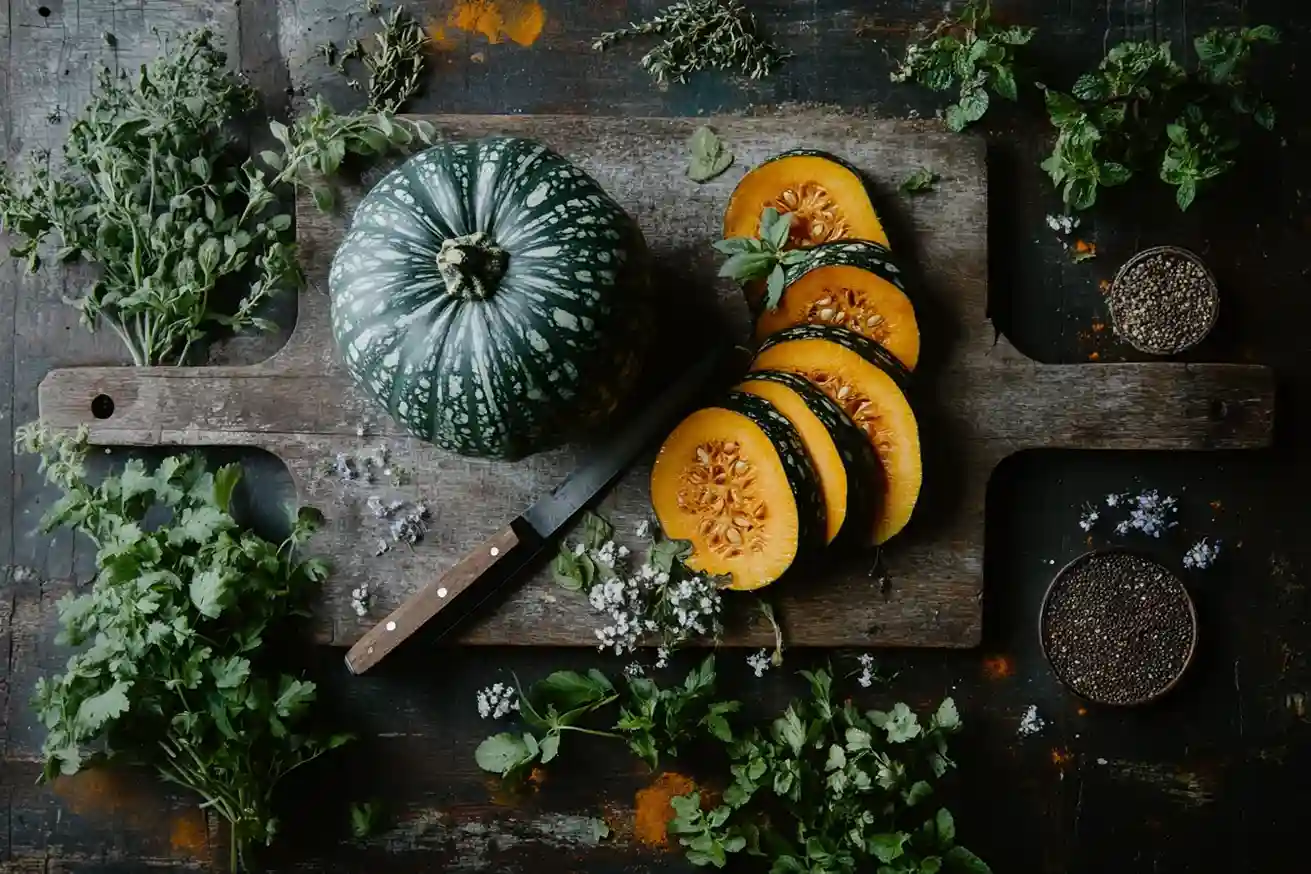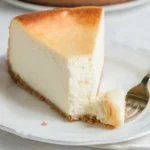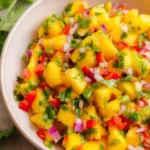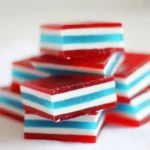If you’re navigating the gluten-free world, you’ve probably asked yourself: Is kabocha squash gluten free? The answer is a resounding yes! This rich, flavorful winter squash is naturally free of gluten, making it an excellent choice for anyone avoiding wheat-based foods.
Whether you’re whipping up a comforting soup, baking a sweet treat, or looking for a hearty side dish, kabocha squash gluten free recipes bring bold flavor and great nutrition to the table. Plus, it’s incredibly versatile—perfect for both savory and sweet creations. Need inspiration? Check out these Chinese squash recipes with kabocha for fresh ways to enjoy this gluten-free favorite.
Let’s take a closer look at why kabocha squash is a must-have ingredient for gluten-free cooking!
Kabocha Squash Gluten Free: Why It’s So Popular?
Contents
- 1 Kabocha Squash Gluten Free: Why It’s So Popular?
- 2 What Is Kabocha Squash?
- 3 Is Kabocha Squash Gluten Free? Let’s Clear It Up!
- 4 How to Use Kabocha Squash in Gluten-Free Recipes
- 5 How to Store & Freeze Kabocha Squash Dishes
- 6 Creative Kabocha Squash Variations & Add-Ons
- 7 More Kabocha Squash Gluten Free Recipes & Resources
- 8 FAQs:
- 9 Final Thoughts: Kabocha Squash Gluten Free & Delicious
Kabocha squash gluten free recipes have become a go-to for many food lovers. Why? Because this sweet, nutty squash works in everything from creamy soups to fluffy pancakes. It has a smooth, velvety texture that pairs beautifully with bold flavors. Plus, it’s packed with essential nutrients, making it a healthy and flavorful alternative to traditional starches.
Not only is kabocha squash gluten free, but it’s also perfect for low-carb, keto, and paleo diets. If you’re trying to cut back on high-carb ingredients like potatoes or grains, kabocha squash is a fantastic substitute.
What Is Kabocha Squash?
Origins and Unique Characteristics
Kabocha squash gluten free fans will love its rich history and distinct taste. This winter squash, often called “Japanese pumpkin,” has been a staple in Japanese and Korean cuisines for centuries. Its dark green, bumpy skin hides a bright orange, creamy interior that tastes sweet and nutty—almost like chestnuts.
Unlike other squashes, kabocha’s skin softens when cooked, so you don’t have to peel it. This makes it a time-saving ingredient in quick gluten-free recipes.
Nutritional Benefits of Kabocha Squash
Kabocha squash gluten free recipes don’t just taste good—they’re super nutritious too! Packed with vitamins and minerals, this squash supports eye health, digestion, and immune function.
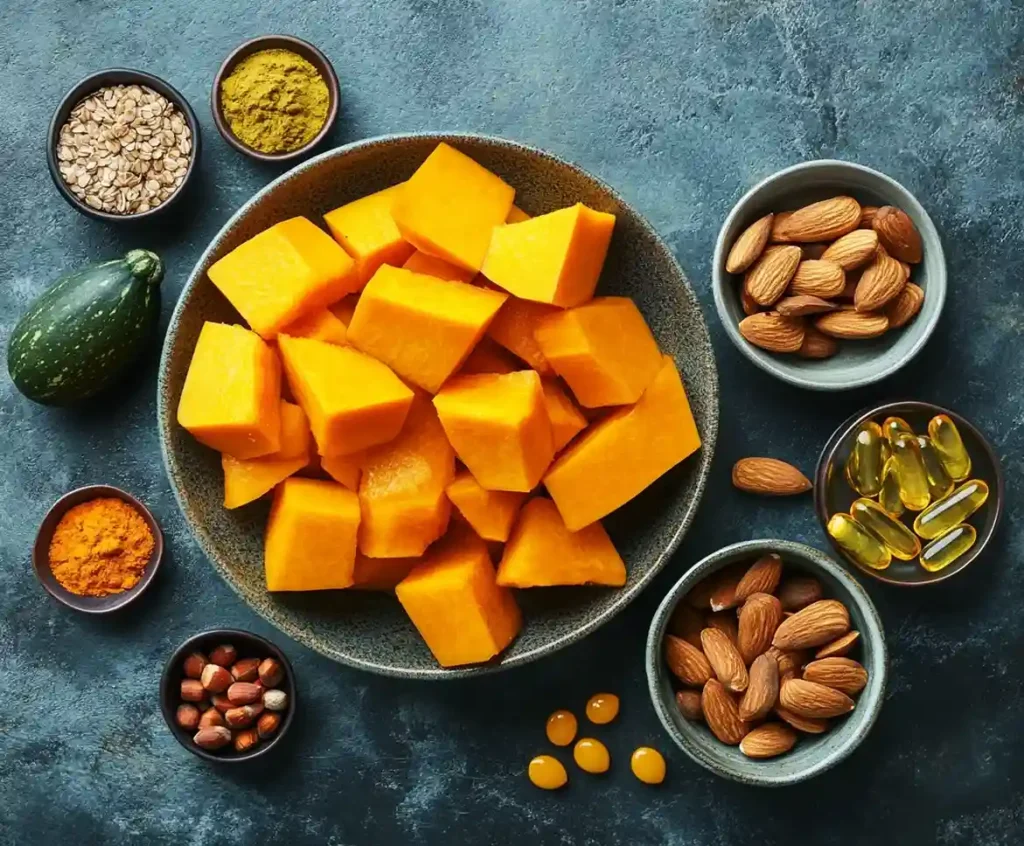
Here’s what you get in one cup of cooked kabocha squash:
| Nutrient | Amount |
|---|---|
| Calories | 40 |
| Carbs | 7g |
| Fiber | 2g |
| Fat | 0g |
| Vitamin A | High |
| Vitamin C | High |
| Potassium | High |
Low in calories and carbs, kabocha squash is a great alternative for those following a keto or low-carb lifestyle. If you’re on a special diet, it’s worth adding to your meal rotation.
Is Kabocha Squash Gluten Free? Let’s Clear It Up!
Understanding Gluten & Gluten-Free Foods
Kabocha squash gluten free eaters often need to be careful about hidden sources of gluten. Gluten is a protein found in wheat, barley, and rye, which can cause digestive issues for those with celiac disease or gluten sensitivity.
The good news? Kabocha squash is 100% naturally gluten free! Like other fruits and vegetables, it makes a safe, nutritious addition to any gluten-free meal.
Why Kabocha Squash Is Perfect for Gluten-Free Diets
Kabocha squash gluten free recipes work in so many ways! Since this squash has a rich, creamy texture, you can use it as a replacement for gluten-containing ingredients. Here’s how:
- Swap mashed kabocha for flour-based thickeners in soups and sauces.
- Use it in gluten-free baking as a natural binder.
- Blend it into creamy soups instead of adding wheat-based roux.
For more ideas, check out this helpful guide on eating kabocha squash on a candida diet.
Whether roasted, baked, or pureed, kabocha squash makes gluten-free cooking easy and delicious. Stay tuned for some amazing recipes using this flavorful winter squash!
How to Use Kabocha Squash in Gluten-Free Recipes
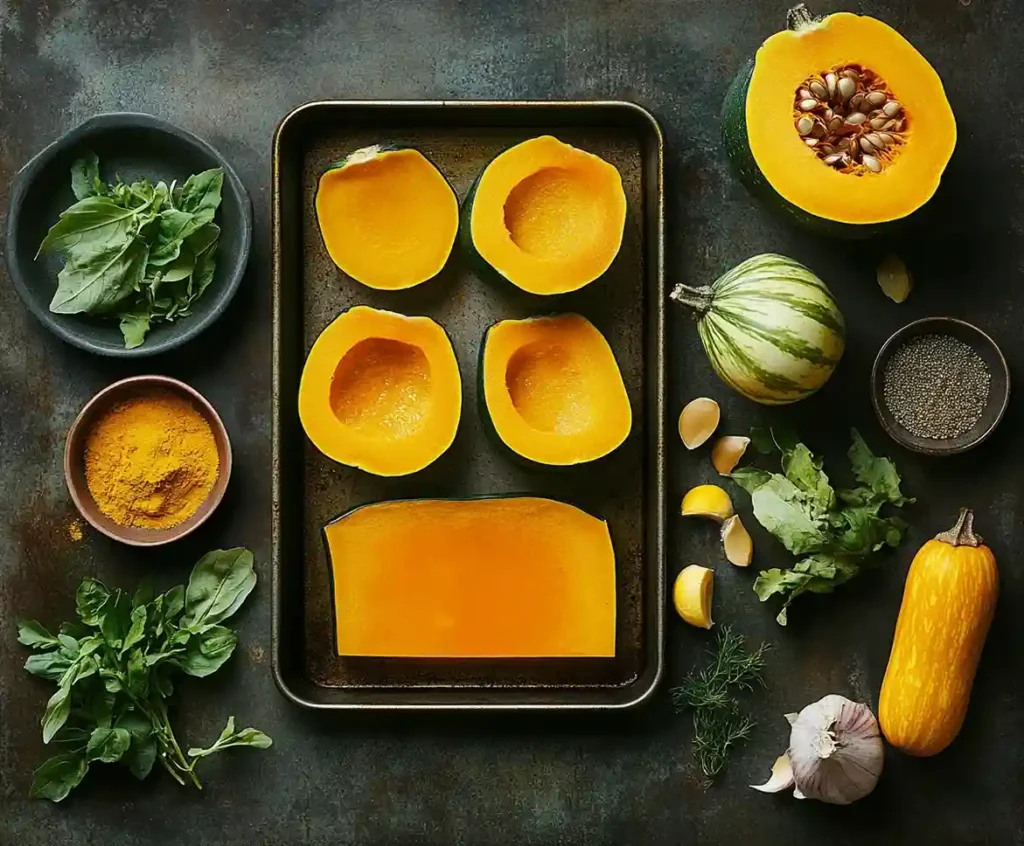
Kabocha Squash Gluten Free Baking Ideas
Kabocha squash gluten free baking is a game-changer. This naturally sweet squash keeps baked goods moist while adding a delicious, nutty flavor. Whether you’re making muffins, bread, or cakes, kabocha squash is an incredible gluten-free ingredient.
How to Bake with Kabocha Squash
- Kabocha Squash Puree – Roast the squash until soft, then blend it into a smooth puree. Use it in gluten-free pancakes, muffins, and brownies for a rich texture.
- Kabocha Squash Flour – Swap in kabocha flour for up to 50% of all-purpose flour in baking. This gluten-free alternative adds a mild, nutty taste and helps keep baked goods moist.
Savory Kabocha Squash Gluten Free Dishes
Kabocha squash gluten free cooking isn’t just for sweets—it works beautifully in hearty, savory recipes too! Whether roasted, air-fried, or blended into a soup, this squash brings serious flavor.
Tasty Gluten-Free Kabocha Squash Recipes
- Air Fryer Roasted Kabocha – Slice kabocha squash into wedges, season with olive oil, salt, and cinnamon, then roast in an air fryer. The natural sugars caramelize, creating a crispy, golden-brown texture.
- Creamy Kabocha Squash Soup – Blend roasted kabocha squash with coconut milk, ginger, and garlic for a warm, comforting, gluten-free soup.
- Maple-Roasted Kabocha – Toss cubed kabocha squash with maple syrup and cinnamon, then bake until golden brown. It’s a perfect fall side dish that pairs beautifully with roasted meats or salads.
For even more creative ways to use kabocha squash in gluten-free cooking, check out these Chinese squash recipes.
How to Store & Freeze Kabocha Squash Dishes
Kabocha squash gluten free meals store and freeze well, making them perfect for meal prep. Whether you’re saving leftovers or batch-cooking for later, here’s how to do it right.
Storing Leftovers Like a Pro
- Let the dish cool completely before storing.
- Transfer it to an airtight container and refrigerate for up to 5 days.
- When reheating, add a splash of broth or water to maintain the creamy texture.
Freezing Kabocha Squash for Later
- Portion it out into freezer-safe containers or mason jars, leaving space for expansion.
- Label with the date and freeze for up to 3 months.
- When ready to eat, thaw overnight in the fridge and reheat on the stovetop or microwave.
For more freezer-friendly meal ideas, check out these bone broth soup recipes.
Creative Kabocha Squash Variations & Add-Ons
Make It Spicy: Add Heat to Your Dish
Love a little kick in your meals? Try these spicy twists on kabocha squash dishes:
- Chopped jalapeños or serrano peppers for bold heat.
- A dash of chipotle powder for a smoky, spicy flavor.
- A drizzle of hot sauce stirred in before serving.
Customize It: Vegetarian, Vegan, or Meaty
- Vegetarian/Vegan: Stick with coconut milk-based recipes or swap in vegetable broth.
- Meaty Option: Add shredded chicken, crumbled bacon, or cooked chorizo for extra protein.
Pair It with the Best Sides & Toppings
Here’s what pairs beautifully with kabocha squash gluten free dishes:
- Cornbread – A classic side for soups and roasted squash.
- Mexican Rice – Perfect with spicy kabocha squash recipes.
- Grilled Cheese – Because, let’s be honest, grilled cheese goes with everything.
- Green Salad – Adds a fresh, crisp contrast to roasted squash dishes.
For more comfort food inspiration, try this creamy Parmesan Italian sausage soup.
More Kabocha Squash Gluten Free Recipes & Resources
Still hungry for more? Check out these delicious, gluten-free-friendly recipes:
Whether you’re roasting, baking, or blending, kabocha squash is one of the best gluten-free ingredients to add to your kitchen. Try it out in sweet or savory dishes and make it your own!
FAQs:
Is Kabocha Squash Anti-Inflammatory?
Is Kabocha Squash Starchy?
What Is Kabocha Squash Made Of?
Carbohydrates – Mostly in the form of natural sugars and fiber.
Fiber – Helps with digestion and keeps you full.
Vitamins & Minerals – High in vitamin A, vitamin C, and potassium, which support eye health, immunity, and muscle function.
Water Content – Like most vegetables, it has a high water content, keeping it naturally hydrating.
Is Kabocha Squash a Laxative?
Final Thoughts: Kabocha Squash Gluten Free & Delicious
If you’re looking for a versatile, flavorful, and naturally gluten-free ingredient, kabocha squash is a must-have in your kitchen. Whether you’re making sweet treats, savory dishes, or comforting soups, this nutrient-packed squash adds a rich texture and natural sweetness to any meal.
From air-fried wedges to creamy soups and gluten-free baked goods, there are endless ways to enjoy this Japanese pumpkin. Plus, it’s low in carbs, packed with vitamins, and easy to cook—making it a perfect fit for gluten-free, keto, and paleo diets.
So go ahead—roast it, puree it, or bake it into something amazing! If you need more inspiration, check out these kabocha squash recipes and start cooking.
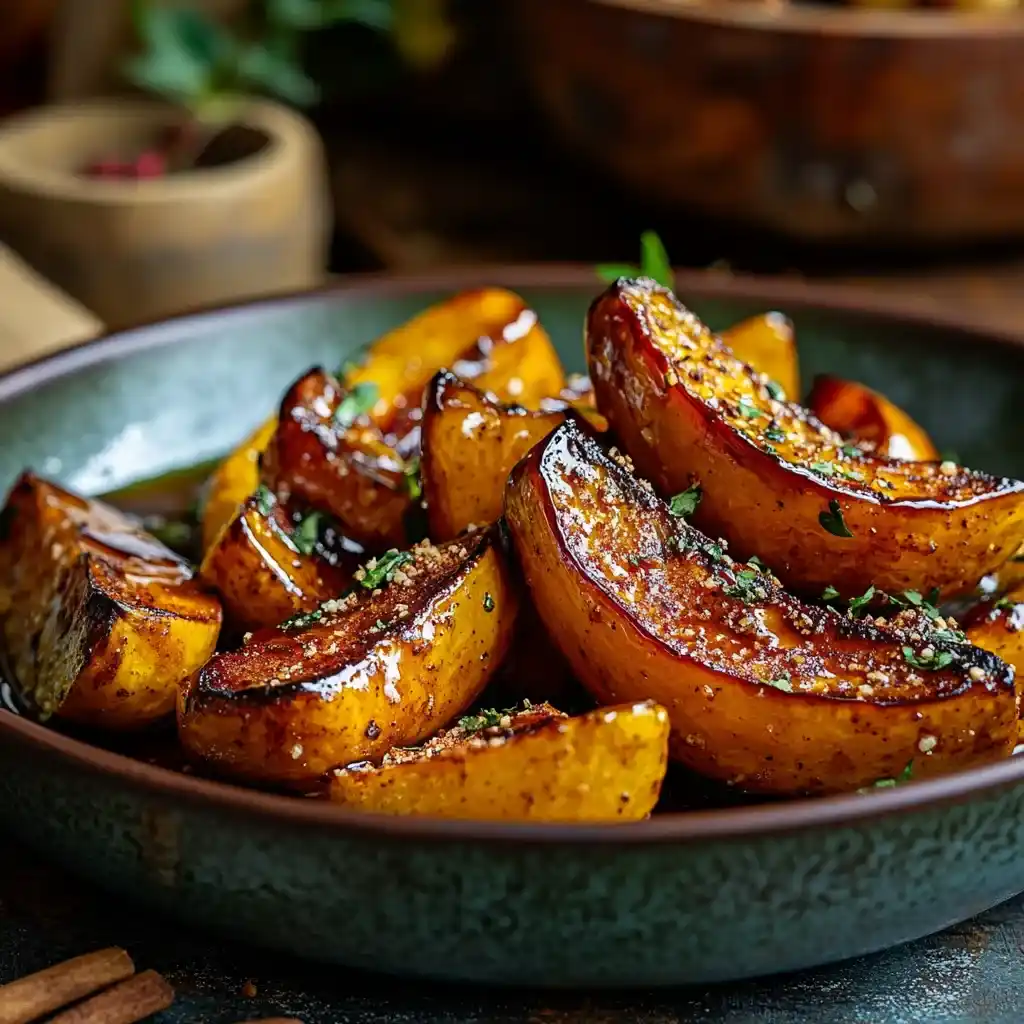
Got a favorite kabocha squash gluten free recipe? Let us know in the comments! Happy cooking! 🎃
